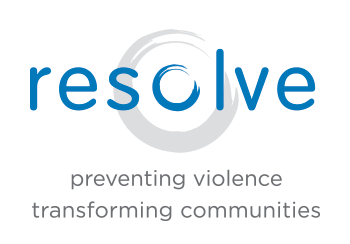Some people, particularly those who advocate for survivors, may worry that promoting self-defense encourages victim-blaming. In a society where a woman is raped and then can be interrogated in court about her own sexual history or what she was wearing, this is a grave concern. We don’t want to do anything that makes it seem like the violence of others is in any way the victim’s fault. To be clear, it is not. Ever.
And yet we cannot let this concern stop us from preventing future violence in the lives of our children or help those we care about to avoid being re-victimized. Everyone does the best they can with the tools they have at the time. We cannot re-write the past. But a good self-defense program not only gives tools for the future, but can help survivors identify things they did in the past that helped them survive and reduce the violence.
Some of the things survivors might identify in retrospect are being quiet as children to avoid a beating, or choosing the location of the (inevitable) next act of violence where they knew it would be safer or less severe. Others asked their rapists to wear condoms and thereby reduced their trauma by advocating for themselves. Still others identify that they successfully used “humanizing” (a verbal dissuasion technique) with their dates who had intended to rape them.
Identifying how we acted to protect ourselves in the past helps heal old wounds and acknowledge our own spirit for survival. We can use this to quiet our internalized victim-blamer, as well as use it as a resource moving forward.
